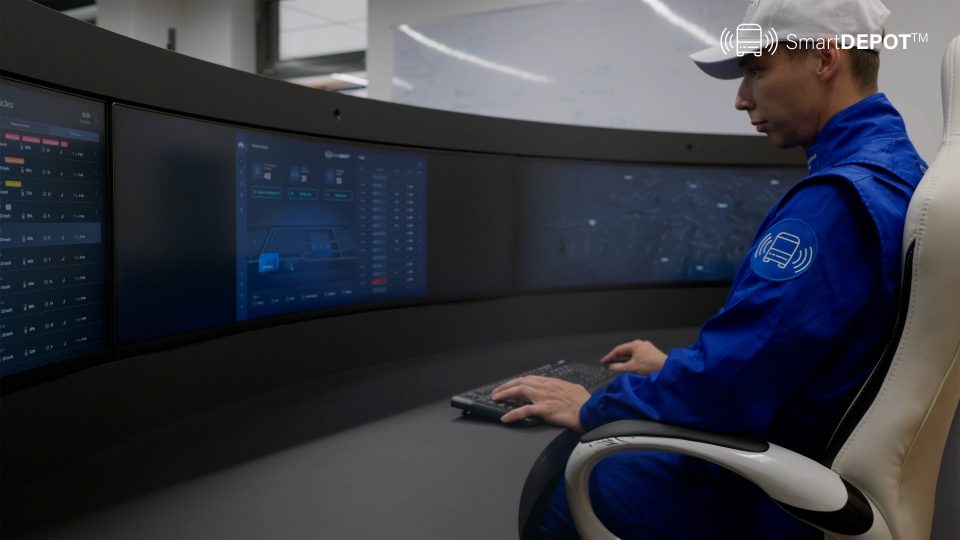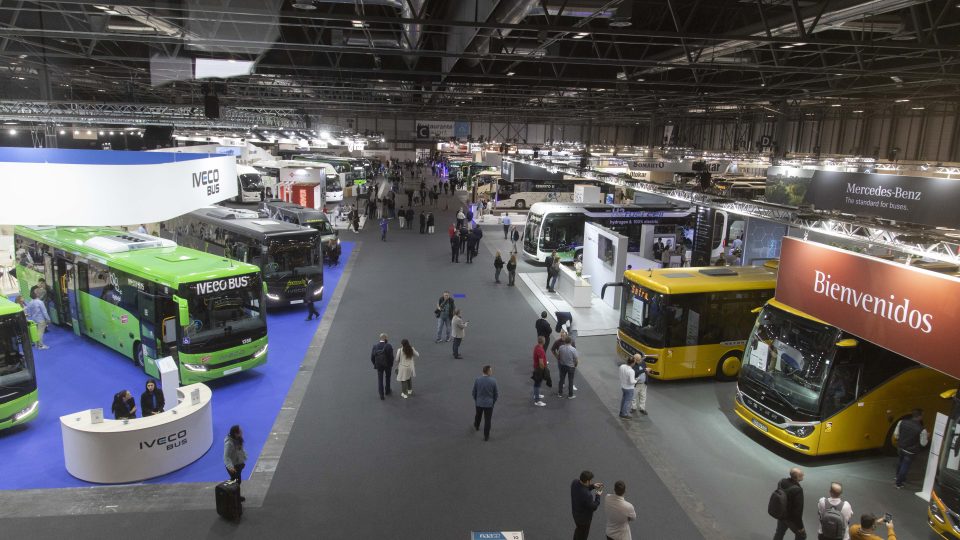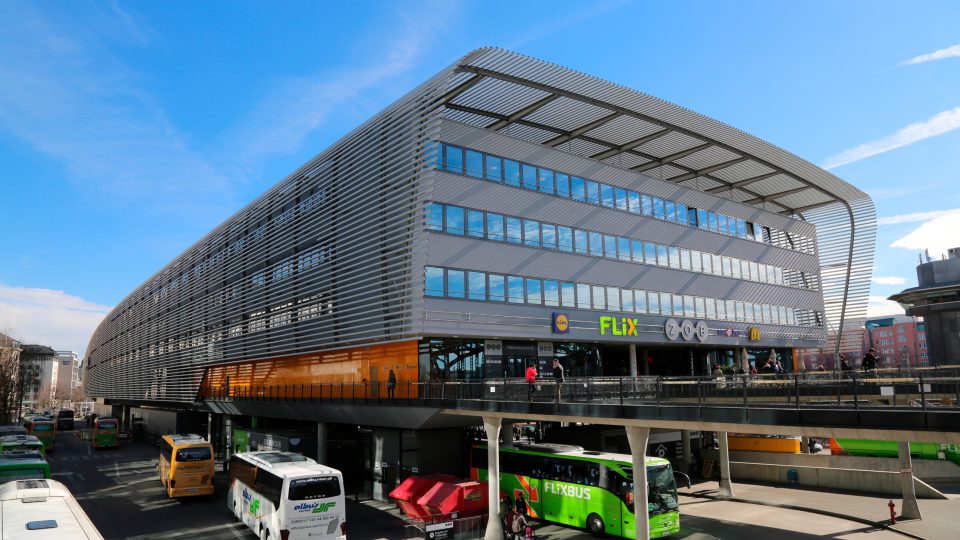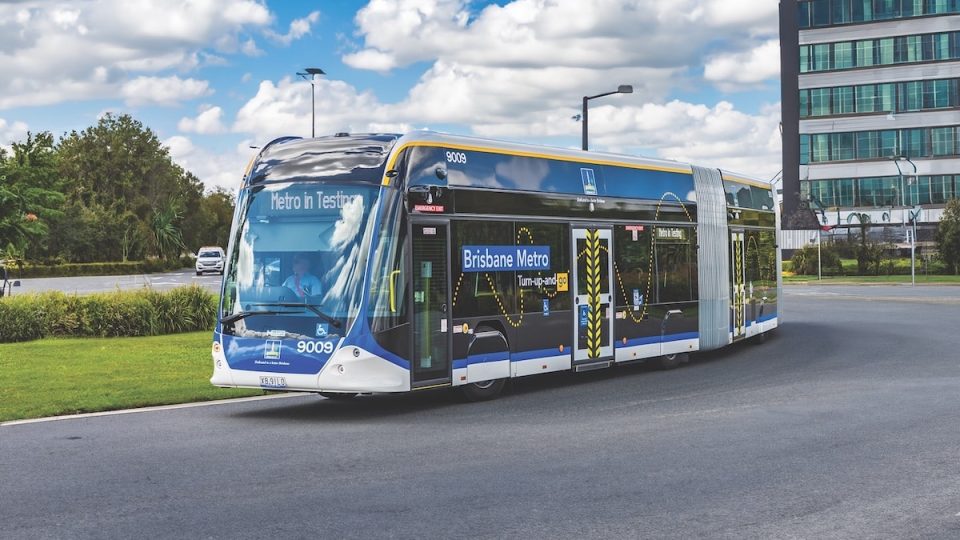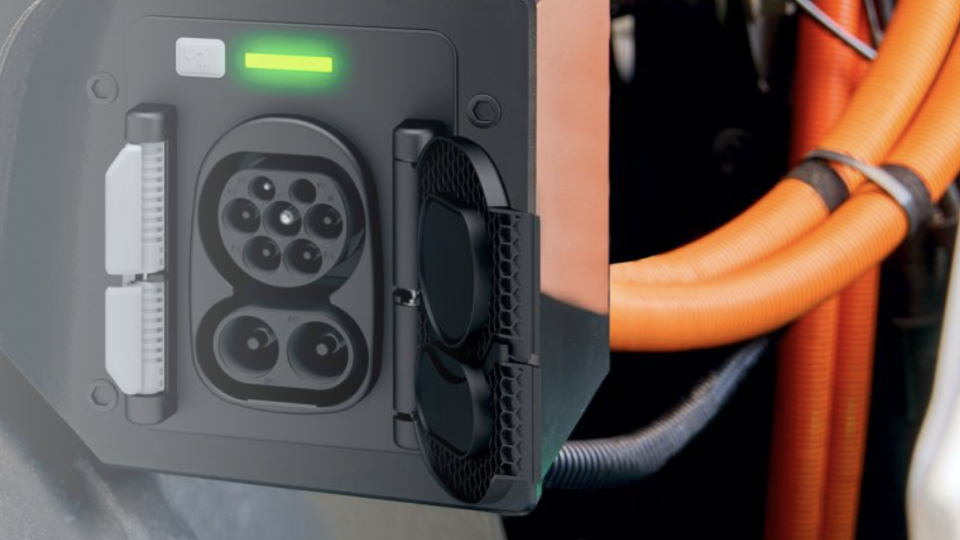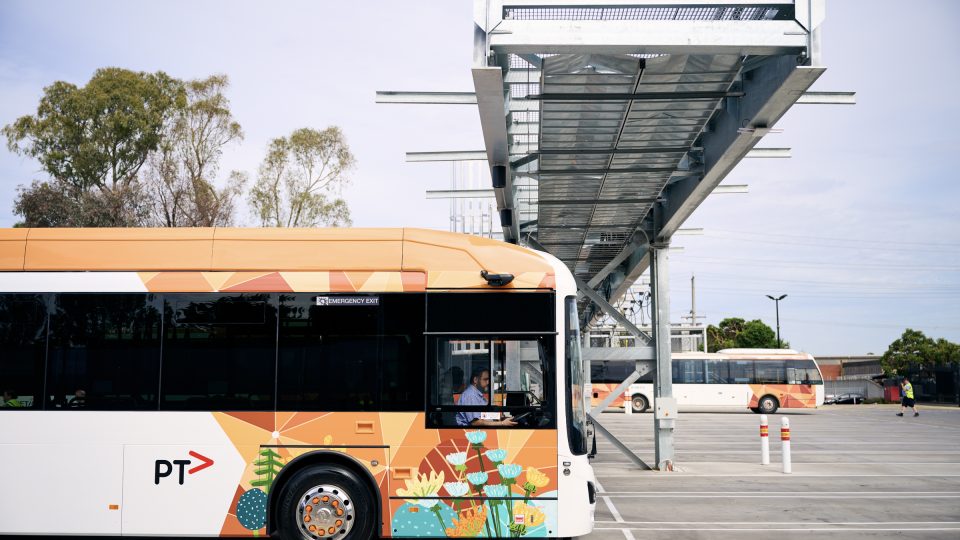SamTrans approves contracts for new hydrogen fueling station to support 118-units H2 bus fleet
Californian public transport agency SamTrans is moving forward with the development of a permanent hydrogen fueling station at its North Base facility in South San Francisco. At its July 2025 meeting, the SamTrans Board of Directors approved two contracts with Trillium for the design, construction, commissioning, and long-term maintenance of the new fueling infrastructure. The […]
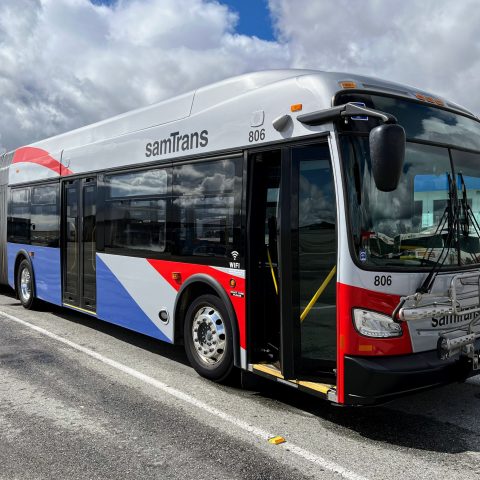
Californian public transport agency SamTrans is moving forward with the development of a permanent hydrogen fueling station at its North Base facility in South San Francisco.
At its July 2025 meeting, the SamTrans Board of Directors approved two contracts with Trillium for the design, construction, commissioning, and long-term maintenance of the new fueling infrastructure. The station will support the deployment of hydrogen fuel cell buses (FCEBs), which are gradually replacing end-of-life diesel vehicles in the district’s fleet.
SamTrans to receive over 100 fuel cell buses
Approximately 89% of SamTrans’ current greenhouse gas emissions come from diesel-powered buses, the company’s states. The agency’s Innovative Clean Transit Plan outlines a phased approach to replace diesel and gasoline-powered vehicles with zero-emission alternatives. As part of this plan, SamTrans has already committed to acquiring 115 FCEBs, with 10 initially procured through a demonstration project in 2022 and a further 108 approved in 2023: they have been awarded in 2024 to New Flyer.
Under the newly approved agreements, according to SamTrans’ press note, Trillium will receive $17.37 million for design, construction, and commissioning of the station. An additional $2.97 million is allocated for maintenance services over a potential five-year term. The vendor was selected through a competitive two-phase solicitation process that considered qualifications and proposals from multiple national firms.
“Every step we take toward a zero-emission fleet is a step toward cleaner air and healthier communities,” said Board of Directors Chair Jeff Gee. “This fueling station enables us to scale up responsibly while ensuring reliable service for our riders today and for future generations. The Board is committed to positioning SamTrans as a regional leader in clean transportation.”

